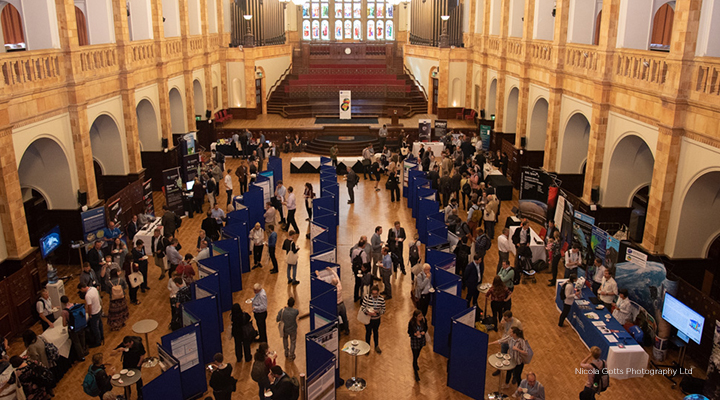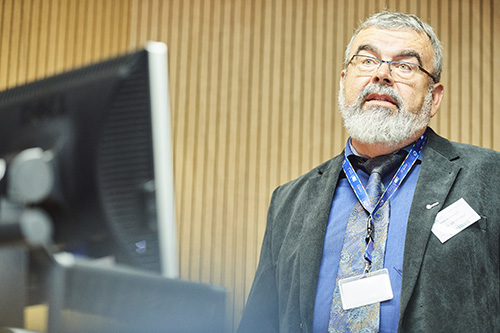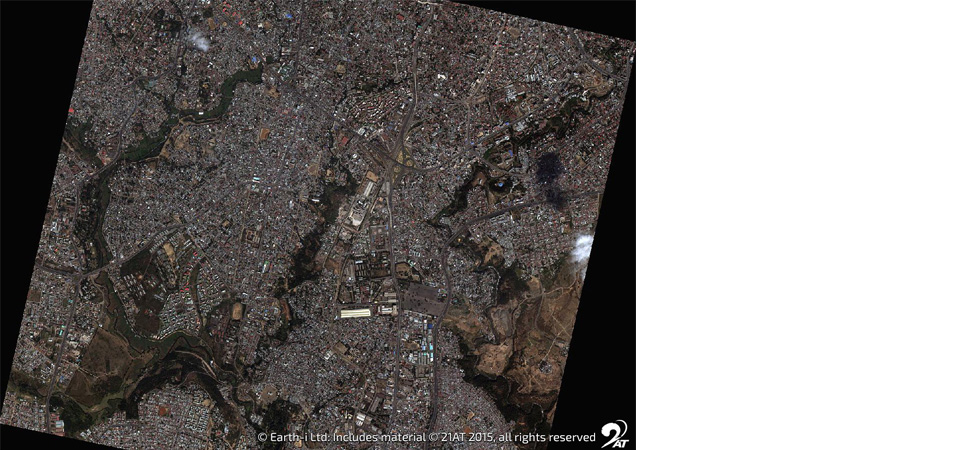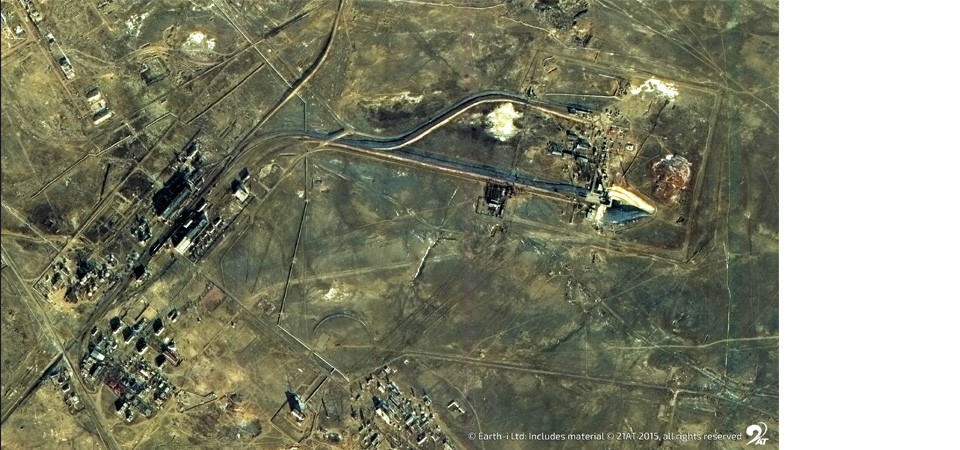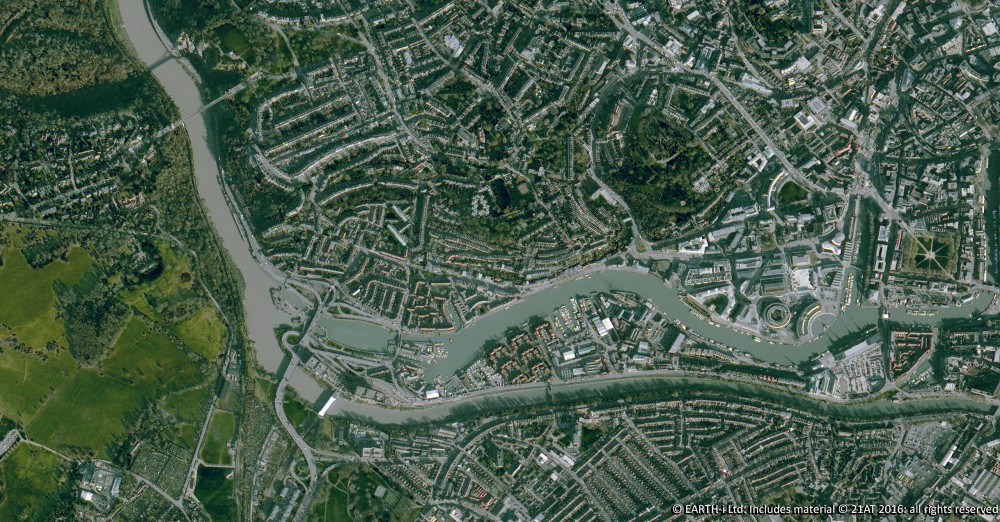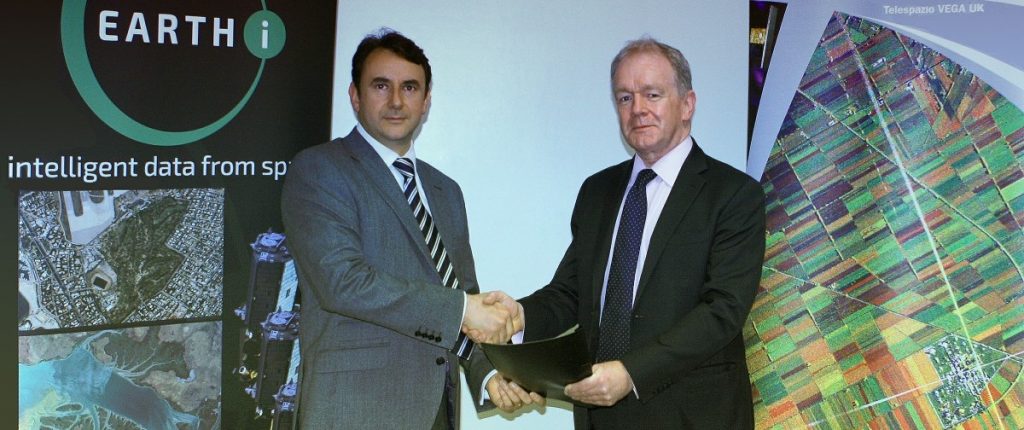By Owen Hawkins, Product Development Director
It was great to see so much pioneering science and technology at the recent UK National Earth Observation conference at Birmingham University. A variety of commercial companies, research groups and universities joined public sector groups to discuss advances across Earth observation (EO) instrumentation, remote sensing methods and environmental applications. There were also an encouraging number of overseas visitors interested in the status of the UK EO ecosystem.
The conference was kicked off with a talk by Prof. Christian Heipke who revealed the challenges and potential of AI and machine learning for extracting value from EO. The next keynote was from Dr Josef Aschbacher, Director of Earth Observation Programmes at ESA. Dr Aschbacher explained that ESA is now refreshing its Earth Observation strategy through to 2040. The strategy was originally written in 2015 and is still largely valid, but it’s being updated in the context of ESA’s range of successful scientific and operational EO missions. It will also consider the increased number of national EO missions, the ‘New Space’ approach to commercial constellations of small low‐cost EO satellites, and the latest advances in artificial intelligence, cloud computing and miniaturisation.
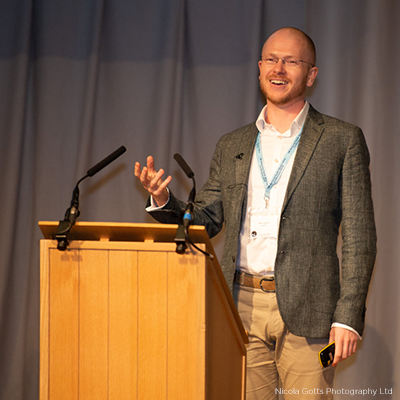
The rest of the conference complemented Aschbacher’s comments that Earth Observation is thriving across Europe, with the UK a major player. There’s a wide range of science and commercial activities going on in the UK, and this conference signals the subtext that the scope of space data applications and the domains to which they apply is expanding exponentially. There is a changing mind-set of recent months. Previously the industry considered science questions first, but now everyone is expecting to see operational utility considered from the outset as the UK is primed for the commercialisation of space.
We have a huge opportunity in the UK, with a wide range of cutting-edge missions and operationalised applications, to build an industry with clear focus and objectives. However, there are fundamental challenges that present themselves whilst trying to answer the following types of questions:
- What is the government’s role in this?
- How can we create the required rapid growth of commercial operational applications?
- How can we create a unique global position for the UK?
The opportunities for operational applications are huge in the UK. The potential will be unlocked through shrewd investment, both private and public, and by providing support to academia to help them transition proof of concept work into operational services. The application of AI to the vastly increasing detail and quantity of EO data is a vital ingredient in unlocking real value from the UK’s strengths across the verticals of the indigenous space industry. AI is likely to be one of the most effective and radical factors that will release enormous new value from global and rational EO datasets.
Either way, it is positive news that our industry, with Earth observations global outlook and great growth potential can contribute to both directly to earth observation, geographic information and data analytics innovation, but also indirectly through the continually fascinating new applications that are uncovered.
If you wish to discuss this blog with Owen, please email: info@earthi.space.co.uk

